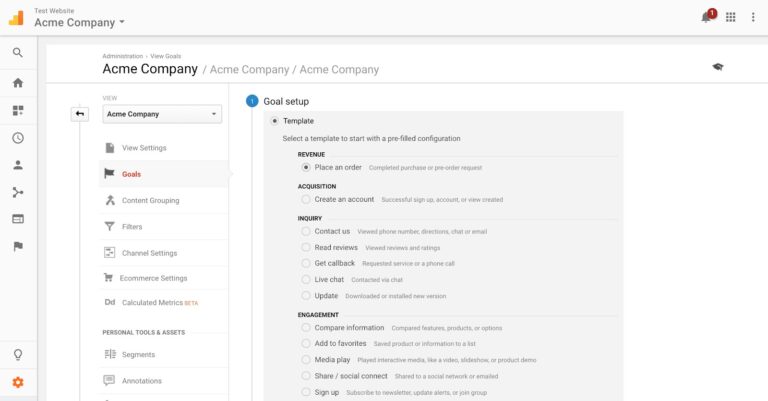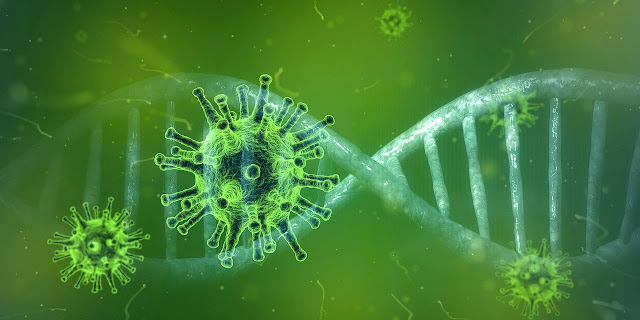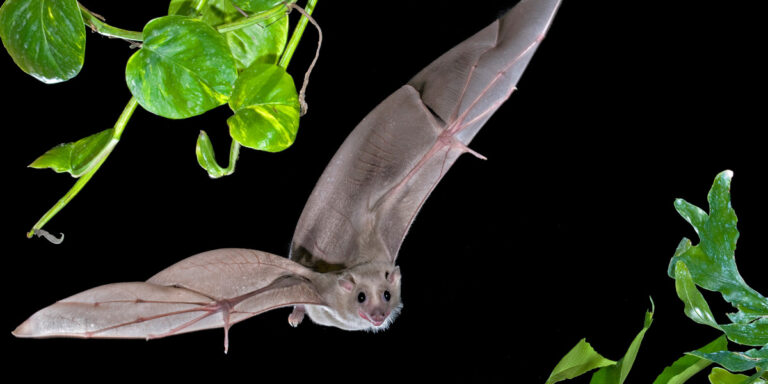
It’s not much of an exaggeration to say that the whole world is built on top of the Linux kernel—although most people have never heard of it.
It is one of the very first programs that load when most computers power up. It enables the hardware running the machine to interact with the software, governs its use of resources, and acts as the foundation of the operating system.
It is the core building block of nearly all cloud computing, virtually every supercomputer, the entire internet of things, billions of smartphones, and more.
But the kernel is also open source, meaning anyone can write, read, and use its code. And that’s got cybersecurity experts inside the US military seriously worried. Its open-source nature means the Linux kernel—along with a host of other pieces of critical open-source software—is exposed to hostile manipulation in ways that we still barely understand. Read the full story.
—Patrick Howell O’Neill
Heat is bad for plant health. Here’s how gene editing could help.
The news: Some of the world’s most productive agricultural regions have already broken temperature records this year, with potentially worrying implications for food supplies. Even a slight rise in temperatures can cause crops to become more vulnerable to pests. To combat this, researchers have identified a single gene that seems to be the temperature-sensitive culprit and found a way to repair the plants’ immune system at higher temperatures.
How they did it: For many plants, an important immune pathway involves salicylic acid. The chemical has antibacterial properties, and it also acts as a signal to get other immune pathways going. However, this pathway essentially shuts down in unusually hot conditions. Researchers were able to tweak the plants’ genome so they produced more salicylic acid, thus boosting the plants’ protection against pests and diseases.
What it means: While the experiment was conducted on an Arabidopsis plant, many others, including wheat, corn, and potatoes, share the same kind of salicylic acid pathway, making it possible the work could have an impact far beyond the lab. Read the full story.
—Casey Crownhart
The must-reads






